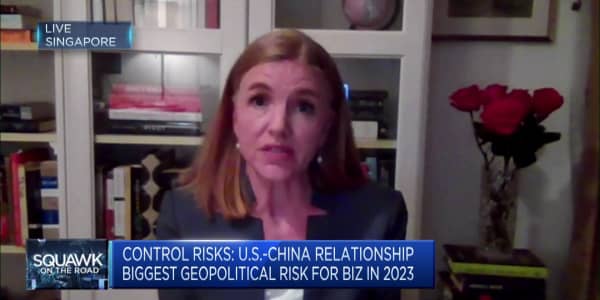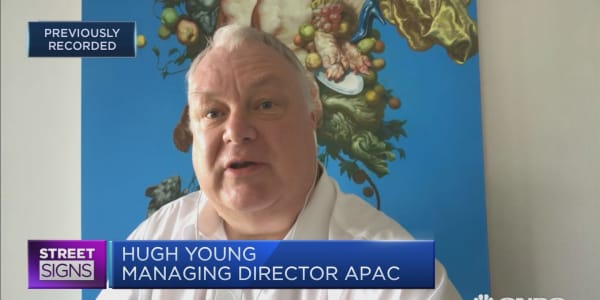Although its only mid-January, 2014 is shaping up to be a better year for the global economy – indeed, probably the best since the 2008 global financial crisis.
Growth is picking up as the advanced countries heal and emerging markets stabilize. Unemployment rates are trending down.
Strengthened prudential supervision and regulation have lowered the risks of another financial crisis. There are genuine hopes that companies will convert more of their massive cash holdings and record profitability into higher investments in plant, equipment and people. And the improved economic context gives central banks a better chance of normalizing their monetary policies in an orderly and timely fashion.
This is all good and welcomed news. No wonder equity markets in advanced economies have surged, with new records being set this month on both side of the Atlantic. Moreover, quite a few indicators of risk appetite point to almost universal comfort with the prospects of a Goldilocks global economy and further market gains.
(Read more: Global economy at a turning point: World Bank)
Having said all this, there are six reasons why, unfortunately, it is still too early to declare victory over the West's unusually prolonged period of sluggish growth, persistently high unemployment, excessive inequalities, and periodic debt and deficit concerns in certain countries (particularly in peripheral Europe).
First, global economic growth, while higher, will likely fall short of the much-hoped for "escape velocity." As such, it will be insufficient to mitigate properly the problems of high youth and long-term unemployment in advanced economies; it will not halt the excessive deterioration in inequalities of income, wealth and opportunities; and it is not yet strong enough to enable the most highly-indebted economies to grow out of their problems.
Second, in its support of markets and the economy, U.S. Federal Reserve policy is transitioning: reducing reliance on a direct instrument (namely, purchases of securities in the markets or QE3) while enhancing the use of an indirect and less predictable measure (forward policy guidance).
Third, some systemically important emerging economies such as Brazil and Turkey have not yet sufficiently regained the type of policy composure needed to navigate a rather fluid economy that is heavily impacted by changes in central bank policies in advanced countries, both real and perceived.
(Read more: Can Brazil battle its economic headwinds?)
Fourth, there is little to suggest that Washington's political polarisation, and the Congressional dysfunction that come with it, will moderate. Rather than implement long-delayed pro-growth legislative initiatives that would strengthen the economy's recovery path, Washington may again slip into manufacturing potholes instead.
Fifth, the massive improvement in peripheral Europe's risk spreads is yet to translate into meaningful gains for the real economy and labor markets. Meanwhile, core European growth – particularly Germany's – is facing increased headwinds on account of the euro's currency appreciation -- especially vis-à-vis the Japanese Yen.
Finally, the multilateral system's ability to reconcile national inconsistencies continues to be hampered by structural weaknesses, including protracted deficits in representation, voice and other key governance elements.
All this suggests that a key challenge facing the global economy in 2014 is to convert the current economic improvement into a springboard for an even stronger medium-term recovery.
For that to happen, policymakers will need to go beyond congratulating themselves and address more decisively the trio of insufficient supply responsiveness, an inadequate level and composition of aggregate demand, and remaining debt overhangs.
Mohamed A. El-Erian is chief executive and co-chief investment officer for PIMCO. Follow him @PIMCO




